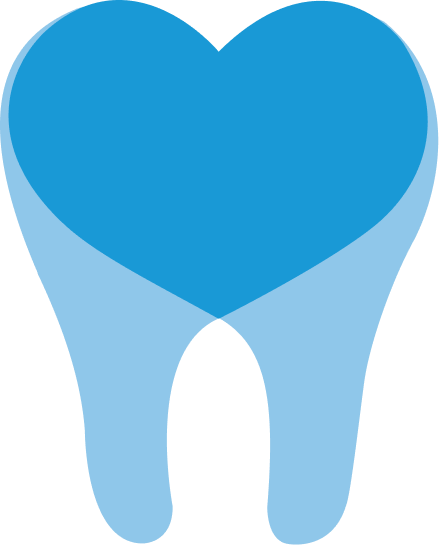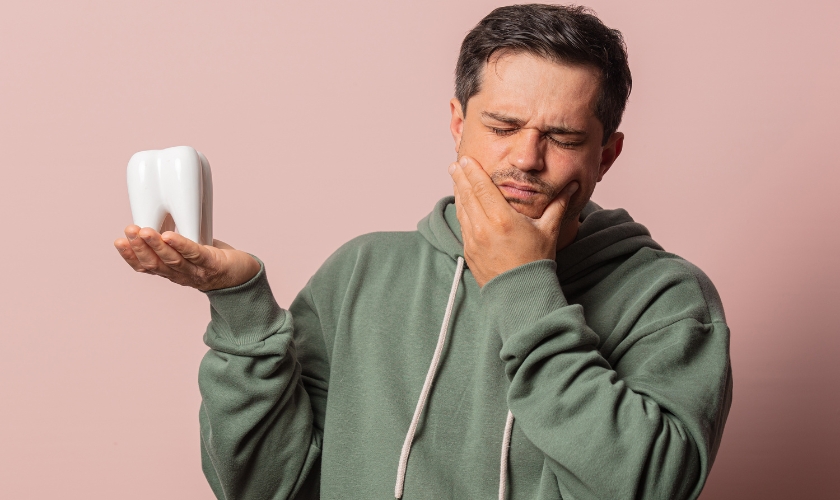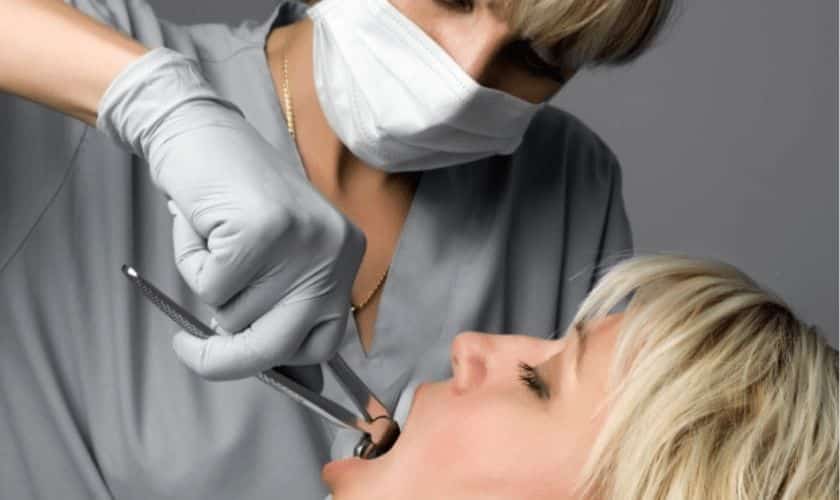Call: (630) 812-7929
Is It Normal To Have Ear Pain After Tooth Extraction?


Experiencing ear pain after tooth extraction can be unsettling, leaving many to wonder if it’s a normal part of the healing process. Understanding the connection between tooth extraction and ear pain can help you navigate this phase more confidently.
In this blog, we’ll explore the reasons behind ear pain following a tooth extraction, offering practical advice on how to manage this discomfort effectively.
Why Ear Pain Occurs After Tooth Extraction
When a tooth is removed, it can affect more than just the immediate area. The complex network of nerves and tissues in your mouth is closely linked to other parts of your body, including your ears. As a result, it’s not uncommon to feel pain that seems to radiate from your mouth to your ears.
This type of discomfort is usually part of the healing process, and understanding the factors that contribute to it can help you manage it better.
Common Causes of Ear Pain After Tooth Extraction
- Nerve Connections: The nerves around the extracted tooth are closely connected to those that affect the ears. Disturbances in these nerves during extraction can cause sensations that are felt in the ears.
- Inflammation and Swelling: After tooth extraction, swelling is a natural response as your body begins to heal. This swelling can put pressure on nearby nerves, leading to referred pain in the ears.
- Anatomical Proximity: Because the structures in your mouth and ears are so close to each other, any disruption in one area, such as during a tooth extraction, can lead to discomfort in the other.
Other Potential Causes of Ear Pain
While nerve irritation and inflammation are common causes, there are other reasons you might experience ear pain after tooth extraction:
- Sinus Involvement: The roots of the upper teeth can be near your sinus cavities. Sometimes, tooth extractions can affect these areas, leading to sinus pressure or even infection, which might cause ear pain.
- Temporomandibular Joint (TMJ) Issues: The TMJ connects your jaw to your skull and can be stressed during a tooth extraction. If this joint is affected, pain can radiate to your ears.
- Referred Pain: Pain from the extraction site can travel to nearby areas, including the ears. This is due to overlapping nerve pathways, causing discomfort in areas other than the actual source of pain.
Managing Ear Pain After Tooth Extraction
To alleviate ear pain and ensure proper healing after your tooth extraction, consider the following steps:
Immediate Relief
- Pain Medication: Use over-the-counter pain relievers as directed by your dentist to manage pain effectively.
- Cold Compress: Apply a cold compress to the affected cheek for 10 minutes at a time to reduce swelling and numb the area.
- Rest: Take it easy and keep your head elevated to minimize pressure on the extraction site and surrounding tissues.
Home Remedies
- Salt Water Rinse: Rinse your mouth gently with warm salt water several times a day to reduce bacteria and promote healing.
- Soft Diet: Stick to soft foods that are easy to chew and won’t irritate the extraction site or exacerbate ear pain.
- Stay Hydrated: Drink plenty of water to stay hydrated, which supports healing and helps prevent dry mouth.
Knowing When to Seek Help
It’s important to know when ear pain might be a sign of something more serious:
- If the pain persists or gets worse after a few days.
- If you notice signs of infection, such as fever or increased swelling.
- If the pain is severe and not relieved by medication.
Recovery Timeline and Expectations
Understanding the typical recovery timeline can help you distinguish between normal healing and potential complications:
- Typical Duration: Ear pain is usually most intense in the first few days after extraction and should gradually subside within a week. Most people notice significant improvement within 3-5 days.
- Expected Symptoms: It’s normal to experience mild to moderate discomfort around the extraction site, which may radiate to the ear. This pain should decrease as healing progresses.
Signs of Normal Healing
- A gradual reduction in the intensity of ear pain.
- Decreased swelling and inflammation around the extraction site.
- Improved comfort when chewing and speaking.
Potential Complications
While mild ear pain is normal, watch for signs that may indicate complications:
- Persistent, severe pain that doesn’t improve with medication.
- Worsening swelling instead of subsiding.
- Ear pain lasting more than a week, accompanied by other symptoms like fever or a bad taste in your mouth.
Preventing Post-Extraction Complications
To minimize the risk of complications and support your overall recovery, follow these tips:
Precautionary Measures
- Follow Instructions: Adhere strictly to the care instructions provided by your dentist, including taking medications as prescribed and avoiding strenuous activities.
- Manage Swelling: Apply ice packs to the cheek area intermittently to keep swelling in check.
- Avoid Smoking: Smoking can delay healing and increase the risk of infection, so it’s best to avoid it.
- Soft Diet: Stick to soft foods that won’t irritate the extraction site.
Long-Term Care Strategies
- Maintain Oral Hygiene: Keep up with your oral hygiene routine, including brushing and flossing, to prevent infections.
- Monitor Healing: Watch for any unusual symptoms at the extraction site and report them to your dentist right away.
- Healthy Lifestyle: Eating a balanced diet rich in nutrients supports overall oral and immune health.
- Regular Check-ups: Schedule follow-up visits with your dentist to monitor healing and address any concerns promptly.
Understanding and managing ear pain after a tooth extraction is essential for a smooth recovery. By recognizing the possible causes and following appropriate care strategies, you can alleviate discomfort and support the healing process effectively. If you’re ever in doubt, don’t hesitate to consult your dentist for guidance.





